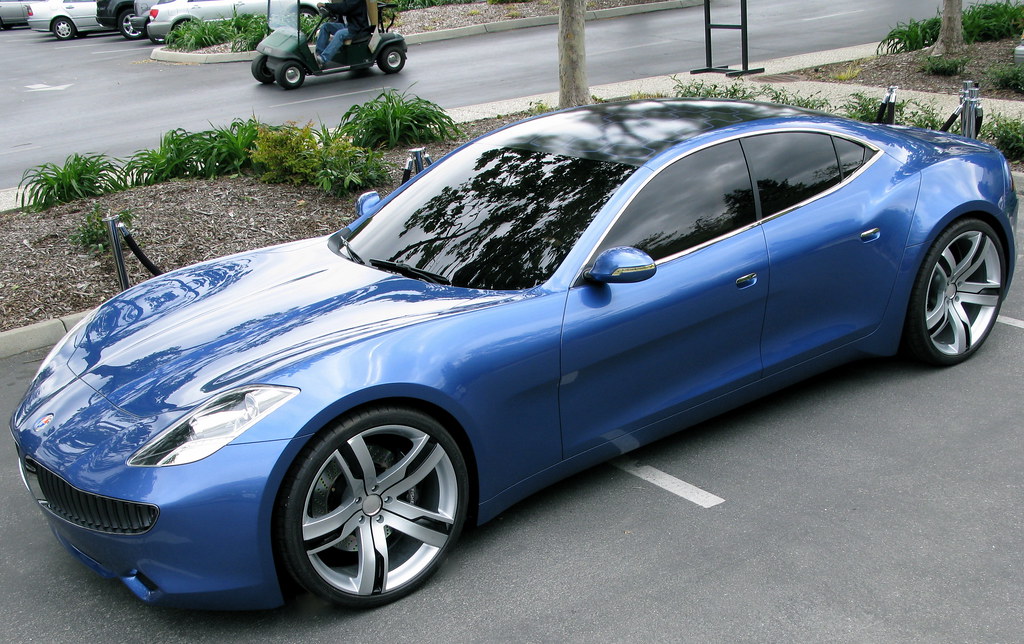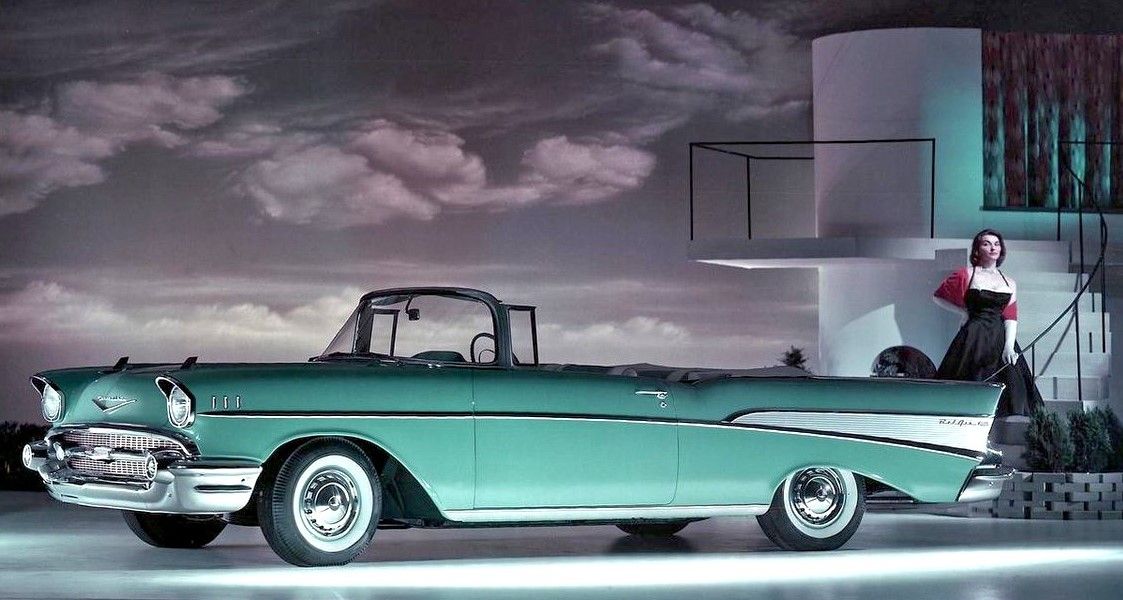
America is a land often synonymous with opportunity, innovation, and the relentless pursuit of prosperity. Within this landscape, the automotive industry stands as a monumental testament to entrepreneurial spirit, giving rise to some of the nation’s most formidable fortunes. These aren’t merely individuals with vast wealth; they are visionaries who have profoundly shaped how we move, what we drive, and the very infrastructure of automotive commerce.
From the bustling urban centers that serve as their operational hubs to the quiet suburban enclaves they call home, these titans have built empires that span car rental giants, innovative manufacturing, vast retail networks, and even the high-octane world of motorsports. Their journeys reflect a diverse array of business acumen, strategic investments, and often, an unwavering commitment to pioneering new solutions or dominating established markets. This article delves into the narratives of these remarkable individuals, offering a glimpse into the forces that have propelled them to the pinnacle of American wealth.
In the spirit of Forbes’ meticulous profiles, we embark on an exploration of seven such luminaries. We will uncover the specific ventures that underpinned their ascent, examine their strategic decisions, and connect their staggering success to the American locations that have been central to their operations. Their stories offer invaluable insights into the multifaceted nature of wealth creation within one of the nation’s most dynamic and economically significant sectors.

1. **Taylor**Taylor stands as a prominent figure among America’s wealthiest, his personal fortune reaching an impressive $11 billion. This substantial wealth positions him as the 28th richest person in the country, a testament to his profound impact on the automotive service industry, according to the Forbes 400 Richest Americans list.
The cornerstone of Taylor’s empire is the Enterprise Rent-A-Car, National, and Alamo group. This formidable conglomerate is not just a collection of brands; it represents “the largest fleet in the country and the biggest car rental company in term of sales.” This scale underscores a mastery of logistics, customer service, and market penetration that few can rival.
His success exemplifies the power of a well-executed business model in the service sector, demonstrating how a focus on accessibility and comprehensive offerings can lead to market dominance. The ubiquitous presence of his rental car brands across America speaks volumes about their integral role in both personal and business travel.
Read more about: Hollywood’s Master Class in Deception: The Movie Trailers Viewers Called the ‘Most Misleading’ Ever

2. **Bruce Halle**At No. 92 on the Forbes 400 list, Bruce Halle commanded a personal fortune of $4 billion, establishing himself as a formidable presence in the automotive retail segment. His legacy is firmly cemented through Discount Tire, an enterprise that blossomed from humble beginnings into a global leader in its niche.
Discount Tire is recognized as “the world’s largest independent tire and wheel retailer,” a remarkable achievement that highlights its expansive reach and specialized expertise. The company’s impressive footprint extends across “840 locations in 23 states,” illustrating a meticulously planned and executed growth strategy.
Based in Scottsdale, Arizona, the firm’s origins reflect a dedication to a specific product and customer need, transforming the relatively simple act of buying tires into a massive retail operation. Halle’s vision ensured that Discount Tire became synonymous with reliability and widespread availability for American motorists.
Read more about: The Multimillionaire’s Modest Path: Unpacking Keanu Reeves’ Understated Financial Ethos and Career Habits
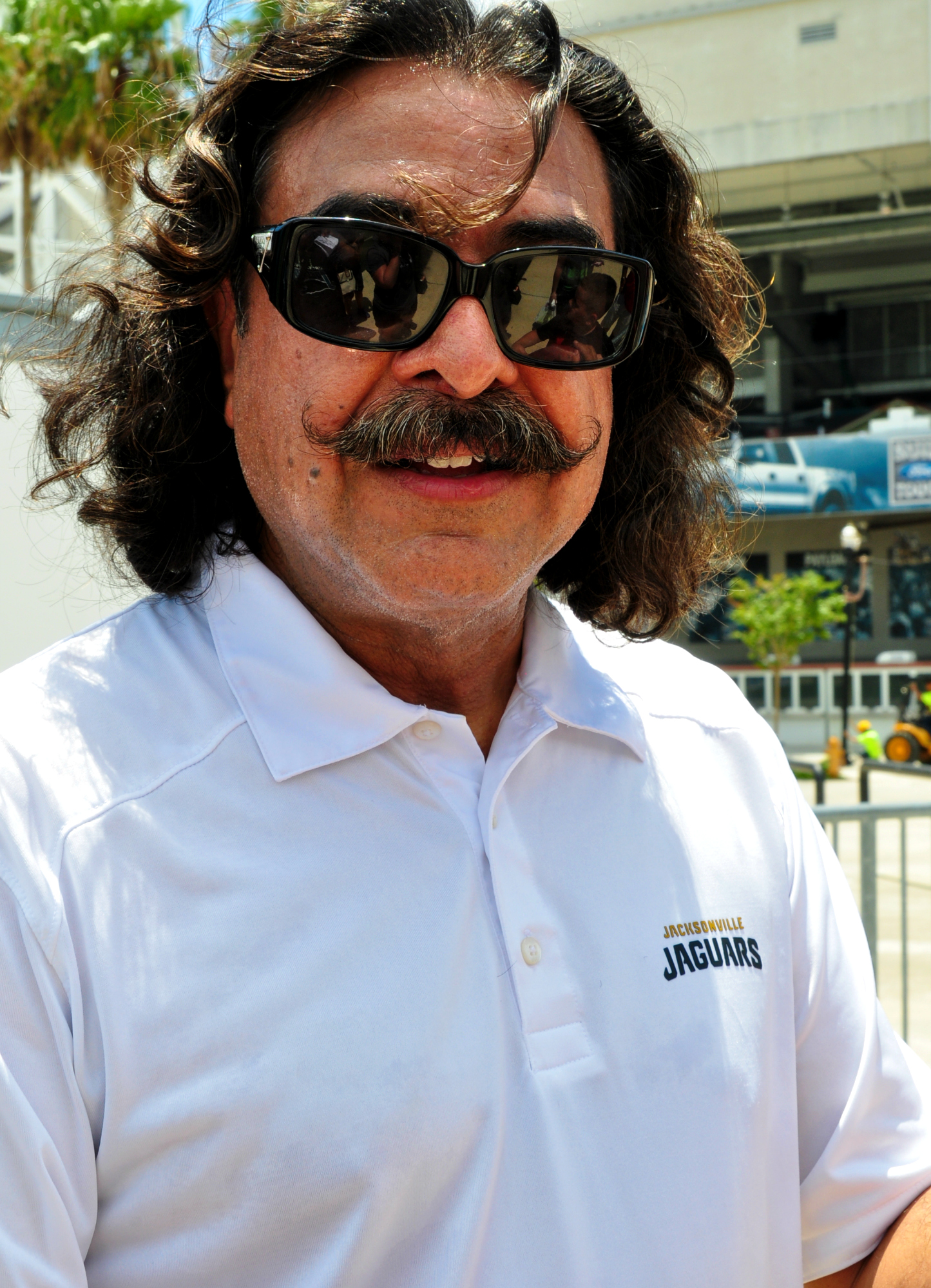
3. **Shahid Khan**Shahid Khan, a resident of Naples, Florida, boasts a net worth of $2.5 billion, a fortune primarily built through his manufacturing powerhouse, Flex-N-Gate. This company, valued at $3.4 billion, is a testament to industrial innovation, specializing in the production of truck bumpers.
Khan’s journey to success is particularly inspiring, having moved to the United States at the age of 16 to pursue higher education at the University of Illinois. It was here that his engineering prowess began to manifest, leading to the development of “a revolutionary bumper that was lighter and stronger than its predecessors,” a pivotal innovation that set Flex-N-Gate apart in the competitive automotive supply chain.
Beyond his industrial achievements, Khan has also made significant impacts in philanthropy and sports. In 2011, he generously donated $10 million to his alma mater, the University of Illinois at Urbana-Champaign. Furthermore, his acquisition of the Jacksonville Jaguars football team for $770 million underscores his ambition and strategic foresight, as he has openly stated his desire to “make the team a global brand.”

4. **Elon Musk**Elon Musk, a name synonymous with audacious innovation and transformative ventures, holds a total wealth of $22.9 billion, with a significant portion derived from his automotive interests. Residing in Palo Alto, California, Musk divides his extraordinary time and energy between his roles at Tesla, the pioneering luxury electric vehicle manufacturer, and SpaceX, his groundbreaking rocket company.
Musk’s impact on the aerospace industry is equally profound, with SpaceX having achieved the historic feat of becoming “the first private business to complete a successful mission to the International Space Station last May.” This monumental achievement sent an “emphatic message to doubters everywhere” and subsequently saw SpaceX shares double on private markets, affirming the company’s visionary trajectory.
Within the automotive realm, Tesla’s influence is undeniable. The company delivered its inaugural Model S vehicles in June, setting ambitious targets “to make 5,000 of them by 2013.” This strategic rollout heralded a new era for electric vehicles, demonstrating a commitment to high-performance, sustainable transportation that continues to redefine market expectations.
In addition to these behemoths, Musk also chairs SolarCity, a leading solar power installer founded by his cousin Lyndon Rive in 2006. While undeniably a “polarizing figure,” Musk consistently garners “acclaim for his visionary leadership” even amidst “criticism for failing to meet deadlines and engaging in public disputes,” solidifying his status as one of America’s most dynamic and impactful entrepreneurs.
Read more about: Beyond the Alarm Clock: Unveiling 10 Morning Habits of America’s Most Productive CEOs for Unrivaled Success

5. **Thomas Friedkin**Thomas Friedkin, with a notable net worth of $1.7 billion, holds a unique and powerful position within the American automotive landscape. His wealth is fundamentally linked to a highly strategic segment of the industry: vehicle distribution. He is not merely a dealer but a critical intermediary in the supply chain of one of the world’s largest automakers.
Friedkin has secured “the exclusive rights to import and distribute Toyota vehicles in Texas, Arkansas, Louisiana, Mississippi and Oklahoma.” This vast territorial control over such a popular brand grants him immense influence and profitability. It underscores the importance of regional monopolies in the distribution network.
His business model demonstrates how specialized control over a substantial geographic area, coupled with a high-demand product, can generate significant wealth. This exclusive arrangement illustrates a sophisticated understanding of market dynamics and supply chain management.
Read more about: 14 Totally Rad ’80s Movies That Were Brilliant But Are Still Flying Under the Radar
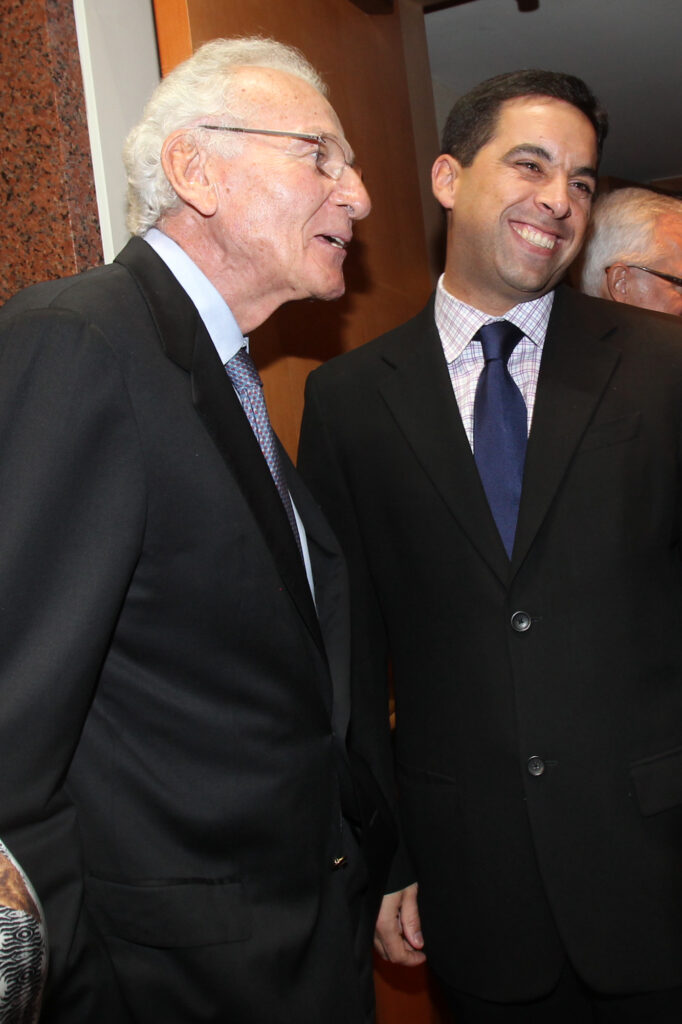
6. **Norman Braman**Norman Braman, whose fortune stands at $1.6 billion, represents a fascinating crossover of entrepreneurial success. While perhaps widely recognized as “the former Philadelphia Eagles owner,” his automotive ventures significantly contribute to his impressive net worth. This blend of sports and business acumen highlights a diverse approach to wealth building.
Braman made a strategic entry into the automotive sector when he “bought a Cadillac dealership in Tampa in 1972.” This acquisition was not just a simple purchase; it was a foundational step into luxury automotive retail, a segment known for its high margins and affluent clientele. His early move into this market proved prescient.
His career trajectory illustrates how a keen business sense can be applied across seemingly disparate industries, identifying value and opportunities wherever they arise. From managing a professional sports franchise to operating high-end car dealerships, Braman has consistently demonstrated an ability to generate substantial wealth and maintain influence.
Read more about: Ex-Girlfriend Gina Huynh Breaks Silence, Writes Letter to Judge in Sean ‘Diddy’ Combs Case Amid Broader Conversations on a Prolific Name
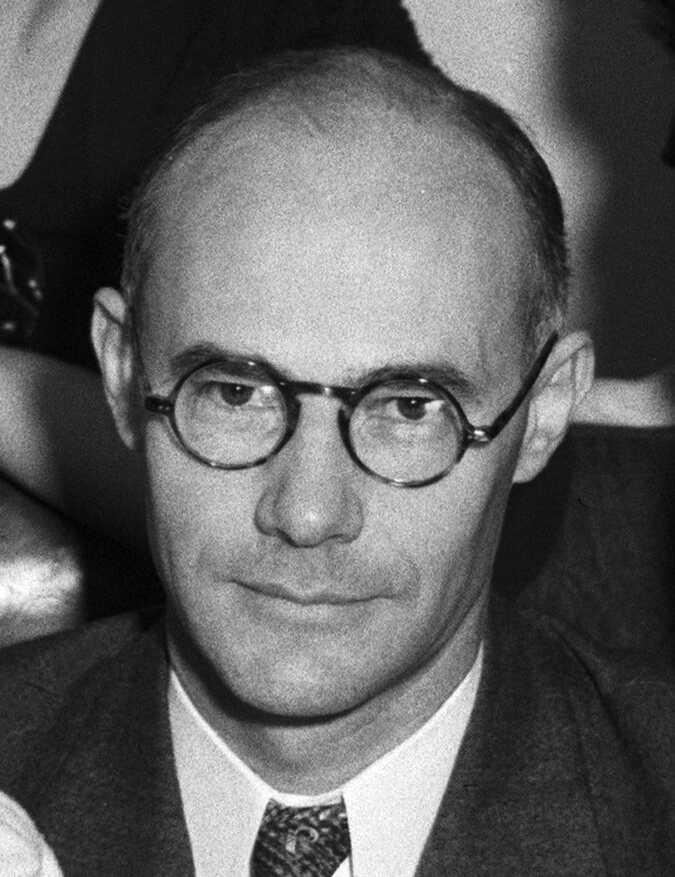
7. **Red McCombs**Red McCombs, with a net worth of $1.3 billion, is a name deeply embedded in the business and cultural fabric of Texas, particularly through his significant involvement in the automotive and entertainment sectors. His visionary investments have not only generated immense personal wealth but also brought world-class events to the United States.
McCombs is prominently recognized as “the lead investor in the Circuit of the Americas racetrack outside Austin, Texas.” This state-of-the-art facility is a testament to his ambition to create a premier destination for motorsports, embodying a significant commitment to the sport’s infrastructure in America.
The Circuit of the Americas holds a unique distinction as it “will bring Formula One racing back to the U.S. in November.” This move marked a pivotal moment for American motorsports enthusiasts, showcasing McCombs’s ability to orchestrate high-profile projects that resonate on an international scale and solidify Austin as a major sporting hub.

8. **Bill Gates**Bill Gates, a name virtually synonymous with technological revolution, appears on this list not primarily for his software prowess but for his strategic investments within the automotive sector. With a staggering total wealth of $105 billion, his stake in AutoNation Inc. contributes a notable $914,554,258 to his immense fortune, representing 0.9% of his total net worth. This investment firmly places him among the wealthiest individuals with significant ties to the car industry, showcasing the diverse avenues through which wealth can intersect with this dynamic sector.
AutoNation, headquartered in Fort Lauderdale, Florida, stands as America’s largest automotive retailer, a powerhouse in the car dealer segment. Gates’s involvement, primarily through his investment vehicle Cascade Investment, underscores a sophisticated approach to portfolio diversification. His substantial wealth, while largely derived from Microsoft Corporation and a myriad of other publicly traded companies like Canadian National Railway, Deere, and Ecolab, demonstrates that even titans of technology recognize the enduring value and strategic importance of the automotive market.
His position on this list highlights a crucial aspect of modern wealth: diversification and strategic allocation across various industries. Gates’s investment in AutoNation is not merely a passive holding; it reflects a belief in the robust and essential role that car dealerships continue to play in the American economy. It illustrates how even those who have revolutionized one industry find significant opportunity and value in seemingly traditional sectors, especially when those sectors are led by market-dominant players.
The narrative of Bill Gates’s wealth, while deeply rooted in the digital age, extends its branches into tangible assets and services like car dealerships. His presence here serves as a testament to the broad and interconnected nature of global commerce, where even the most forward-thinking investors acknowledge the foundational strengths of established industries. It’s a compelling example of how wealth is not confined to a single domain but strategically spread to optimize growth and influence across the economic spectrum.
Read more about: The Single Business Investment That Made Jessica Alba a Billionaire

9. **Larry Ellison**Another tech luminary making a significant impact in the automotive world is Larry Ellison, the visionary founder and main shareholder of Oracle. With a total wealth of $58.5 billion, Ellison holds a substantial stake in Tesla Inc., valued between $730,773,000 and $1 billion. Although this represents a smaller percentage—1.3%—of his overall net worth, it firmly positions him as the company’s second-largest shareholder, a testament to his confidence in the future of passenger electric vehicles.
Residing in Palo Alto, California, Ellison’s investment in Tesla is a clear indicator of the convergence of technology and automotive innovation, particularly in the electric vehicle segment. While his primary wealth source remains his pioneering work in database technology with Oracle, his strategic move into Tesla highlights a keen eye for disruptive technologies and industries. This commitment reflects a broader trend among ultra-wealthy individuals to back ventures that are not only profitable but also redefine market landscapes.
Ellison, at 75 years old, continues to demonstrate an entrepreneurial spirit that extends far beyond his software empire. Beyond his significant tech and automotive investments, his portfolio includes ownership of the prestigious Indian Wells tennis event and extensive real estate holdings, famously including the majority of the Hawaiian island of Lanai. These diverse interests paint a picture of an investor with a wide-ranging strategic vision, capable of identifying and capitalizing on opportunities across varied sectors.
His involvement with Tesla is more than just a financial transaction; it’s a validation from one of the most astute business minds of our era for a company at the forefront of sustainable transportation. It underscores the profound shift occurring in the automotive industry, where traditional manufacturing is increasingly infused with high-tech innovation and backed by investors whose primary expertise lies outside conventional car making. Ellison’s position reflects the evolving definition of an “automotive mogul” in the 21st century.
Read more about: Decoding the Billions: A Mental Floss Guide to the World’s Richest in 2025
.jpg)
10. **Blair Parry-Okeden**Blair Parry-Okeden represents a significant tier of wealth derived from a century-old American family legacy within the automotive services sector. As the granddaughter of James Cox, who founded Cox Enterprises in 1898, Parry-Okeden commands a personal fortune of $7.84 billion. Her ownership of almost 25% of Cox Enterprises, a formidable $21 billion conglomerate, firmly places her as a key figure in one of the nation’s most expansive automotive-related business empires.
Cox Enterprises, headquartered in Atlanta, has grown far beyond its initial media roots to encompass a vast array of automotive brands and services, including household names like Kelley Blue Book and Autotrader.com. Parry-Okeden’s substantial stake, valued at $1,738,541,209, or 21.6% of her total net worth, reflects the enduring power of family enterprises in shaping American industry. While she resides in Australia, her wealth is deeply rooted in the American business landscape cultivated by her grandfather.
Her position highlights the often-unseen architects of wealth who, through inherited stakes, continue to steer and benefit from massive corporate structures. The diversified nature of Cox Automotive’s offerings, spanning digital platforms for vehicle sales, valuations, and general automotive services, illustrates a comprehensive approach to dominating the ecosystem surrounding vehicle ownership and transactions. This strategic breadth ensures the continued relevance and profitability of the family’s enterprise.
Parry-Okeden’s story is a testament to the sustained influence of legacy wealth in the American economy, particularly within sectors like automotive services that are essential to the nation’s infrastructure. Her continued connection to Cox Enterprises, despite her geographical distance, underscores the long-term vision and foundational strength built by her family, ensuring its continued prosperity through dynamic market shifts. It’s a prime example of how generational wealth, when managed effectively, can perpetuate significant economic impact.

11. **James Kennedy**James Kennedy, another prominent member of the Cox family dynasty, serves as the chairman of Cox Enterprises, the same $21 billion conglomerate that underpins much of Blair Parry-Okeden’s fortune. With an identical total wealth of $7.84 billion and a stake in Cox Automotive valued at $1,738,541,209, or 21.6% of his net worth, Kennedy plays a pivotal role in guiding this diverse automotive services powerhouse from its Atlanta base.
As chairman, Kennedy is at the helm of a company that has strategically positioned itself at the nexus of automotive information, sales, and connectivity. His leadership ensures the continued growth and innovation of brands like Kelley Blue Book and Autotrader.com, which are indispensable resources for millions of car buyers and sellers. This active stewardship of a vast and influential enterprise underscores his significant, though perhaps less publicized, contribution to the automotive sector’s economic landscape.
Beyond his corporate responsibilities, Kennedy is also noted as an avid cyclist and hunter, reflecting a personal life that balances intense business leadership with recreational pursuits. This detail offers a glimpse into the individual behind the immense corporate influence, showcasing that even at the pinnacle of wealth and power, personal passions remain. His hands-on leadership as chairman further solidifies the Cox family’s ongoing engagement with the enterprise their ancestor founded.
Kennedy’s role exemplifies how family members, by taking on direct leadership positions, ensure the continued strategic direction and profitability of multi-generational businesses. His guidance over Cox Automotive’s extensive portfolio of services, which are critical to the functioning of the broader automotive market, demonstrates the intricate blend of legacy, strategic management, and adaptability required to maintain such substantial wealth and influence in a constantly evolving industry.
Read more about: The Enduring Legacy of a Name: Exploring Carolyn Cheeks Kilpatrick and the Multifaceted Aspects of ‘Carolyn’

12. **Ernie Garcia**Ernie Garcia, a name deeply ingrained in the used car market, has carved out a substantial fortune of $4.93 billion, primarily through his pioneering ventures in used car dealerships and financing. Operating out of Tempe, Arizona, Garcia is the largest shareholder of Carvana, an innovative online used car retailer that has revolutionized how consumers purchase vehicles. His influence extends to DriveTime, another significant player in the used car industry, where his journey began.
Garcia’s vision for DriveTime, which he developed in the 1990s, was to address the needs of a specific market segment. He acquired the rental-car company Ugly Duckling out of bankruptcy, then strategically merged it with a financing company to create a robust platform for selling used cars to subprime borrowers. This innovative approach to integrating sales with financing allowed DriveTime to become a formidable force, demonstrating a deep understanding of market gaps and consumer financing needs.
While his son, Ernie III, now runs Carvana, the elder Garcia’s foundational work laid the groundwork for this digital-first approach to car sales. Carvana’s success, with Garcia as its largest shareholder, reflects the culmination of decades of experience and strategic foresight in the used vehicle market. It highlights the enduring demand for accessible car ownership and the potential for immense wealth creation through innovative business models in this space.
Garcia’s entrepreneurial path, however, is not without its complexities. In 1990, he was convicted of fraud for his involvement in the Charles Keating savings-and-loan scandal. This aspect of his past offers a reminder that the paths to wealth can sometimes be fraught with challenges and ethical considerations, yet his subsequent success with DriveTime and Carvana underscores a remarkable capacity for business recovery and reinvention within the automotive sector.
Read more about: Totally Rad and Almost Famous: 13 ’80s Stars Who Nearly Became Hollywood’s Next Big Thing

13. **Margaretta Taylor**Margaretta Taylor stands as another powerful scion of the Cox family, her $5.18 billion fortune inextricably linked to the diverse holdings of Cox Automotive. As a granddaughter of the original founder, James Cox, and cousin to James Kennedy, she holds approximately 16% of the expansive family business. Her stake, valued at $1,150,111,876, represents 21.6% of her total net worth, solidifying her status among the wealthiest individuals in the automotive services segment.
Residing in Atlanta, the operational hub of Cox Enterprises, Taylor benefits from a portfolio that includes leading automotive brands such as Kelley Blue Book and Autotrader.com. These platforms are central to the modern automotive marketplace, providing essential services for vehicle valuation, purchasing, and selling. Her involvement through this significant ownership share underscores the enduring legacy and strategic importance of the Cox family in shaping how Americans interact with the automotive industry.
Taylor’s position in the family business highlights the robust mechanisms through which multi-generational wealth is preserved and grown. The diversified nature of Cox Automotive, spanning digital solutions and traditional services, provides a resilient foundation that adapts to changing market dynamics. Her wealth is a clear illustration of how holding substantial equity in well-managed, essential service companies can yield immense and sustained financial success over decades.
Her contribution to this impressive family wealth, though less visible in day-to-day operations than her cousin James Kennedy, is nevertheless foundational. As a significant shareholder, she is a beneficiary of the strategic direction and operational successes of Cox Enterprises, demonstrating the power of passive ownership in a thriving, diversified conglomerate. This continued connection reinforces the family’s deep roots and ongoing influence within the American automotive landscape.
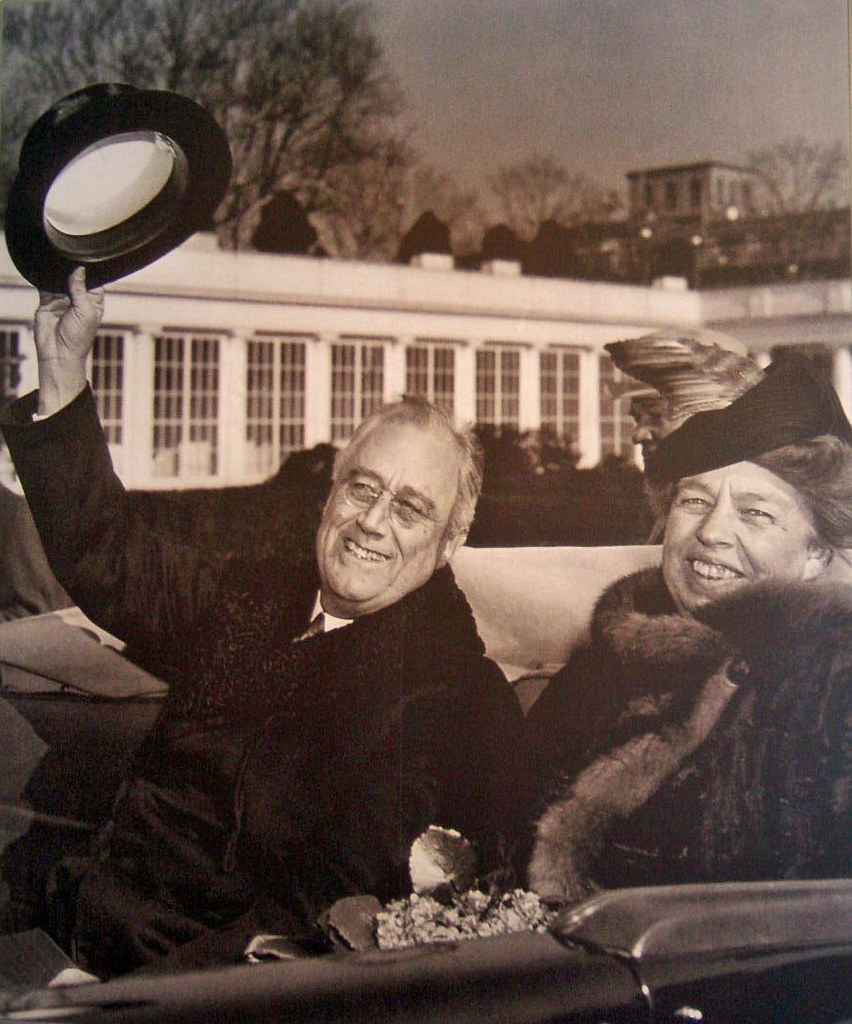
14. **James Cox Chambers**James Cox Chambers, another cousin of James Kennedy and a direct descendant of the Cox Enterprises founder, James Cox, commands a substantial fortune of $5.18 billion. Holding a 16% ownership stake in Cox Enterprises, valued at $1,150,111,876 (21.6% of his total net worth), Chambers is a key figure within the family’s vast automotive services empire, headquartered in Atlanta.
His wealth, like that of his relatives, is deeply intertwined with the success of Cox Automotive, which owns critical platforms like Kelley Blue Book and Autotrader.com. These assets are not just lucrative; they are integral to the national automotive infrastructure, facilitating countless transactions and providing valuable consumer information. Chambers’s significant ownership share reflects the enduring power of family-controlled businesses to dominate vital market segments.
Beyond his corporate holdings, Chambers has a distinct personal endeavor: he is an organic farmer in Columbia County, New York. This fascinating detail offers a contrast to the high-stakes world of automotive finance and media, showcasing a commitment to sustainable practices and a connection to the land. It illustrates that even individuals at the pinnacle of inherited wealth may pursue passions that diverge from their primary financial interests.
Chambers’s dual role as a significant shareholder in a leading automotive conglomerate and an organic farmer highlights the multi-faceted lives led by America’s wealthiest. His continued stake in Cox Enterprises ensures his family’s legacy in the automotive service industry perseveres, while his agricultural pursuits demonstrate a personal engagement with other impactful sectors. This blend of traditional business acumen and personal dedication creates a unique profile among the nation’s richest.

15. **Katharine Rayner**Rounding out our exploration of America’s automotive wealth is Katharine Rayner, yet another granddaughter of company founder James Cox. With a total wealth of $5.18 billion, and a substantial stake in Cox Automotive, valued at $1,150,111,876, representing 21.6% of her net worth, Rayner continues the legacy of one of America’s most enduring family fortunes. Her wealth, like that of her cousins, is intrinsically linked to the sprawling Cox Enterprises based in Atlanta.
Rayner’s position as a significant shareholder in Cox Automotive connects her to a network of essential services that underpin the American car market. The brands under the Cox umbrella, including Kelley Blue Book and Autotrader.com, are deeply embedded in the consumer experience, reflecting a robust and adaptable business model. Her stake, though primarily a passive one, signifies the immense value generated by generations of strategic growth and market dominance.
Notably, Katharine Rayner has “largely stayed out of the public eye,” a preference that distinguishes her from some of the more publicly prominent figures on this list. This inclination towards privacy highlights a different facet of extreme wealth, where influence and financial power can be maintained without constant public scrutiny. It speaks to the quiet, foundational strength of established family fortunes that continue to exert significant economic impact.
Her story, much like her relatives, underscores the profound and lasting impact of family legacies on the American economic landscape. The Cox family’s sustained presence in the automotive services industry through multiple generations demonstrates remarkable resilience and strategic foresight. Rayner’s wealth serves as a powerful reminder of how deeply intertwined personal fortunes can become with the success of foundational American enterprises, ensuring their continued prosperity well into the future.
As we conclude this expansive journey through the realms of America’s wealthiest automotive titans, it becomes abundantly clear that the industry’s landscape is as diverse as the individuals who have shaped it. From innovative manufacturers and cutting-edge tech visionaries to the steadfast proprietors of car rental empires and the custodians of vast automotive service networks, these figures represent the pinnacle of entrepreneurial spirit and strategic investment. Their stories, rooted in ambition, innovation, and often, an unwavering commitment to family legacy, paint a compelling picture of how fortunes are forged and sustained in one of the nation’s most dynamic sectors. Their collective impact extends far beyond mere financial metrics, influencing how we travel, connect, and conduct business, solidifying their indelible mark on the fabric of American commerce and innovation.



